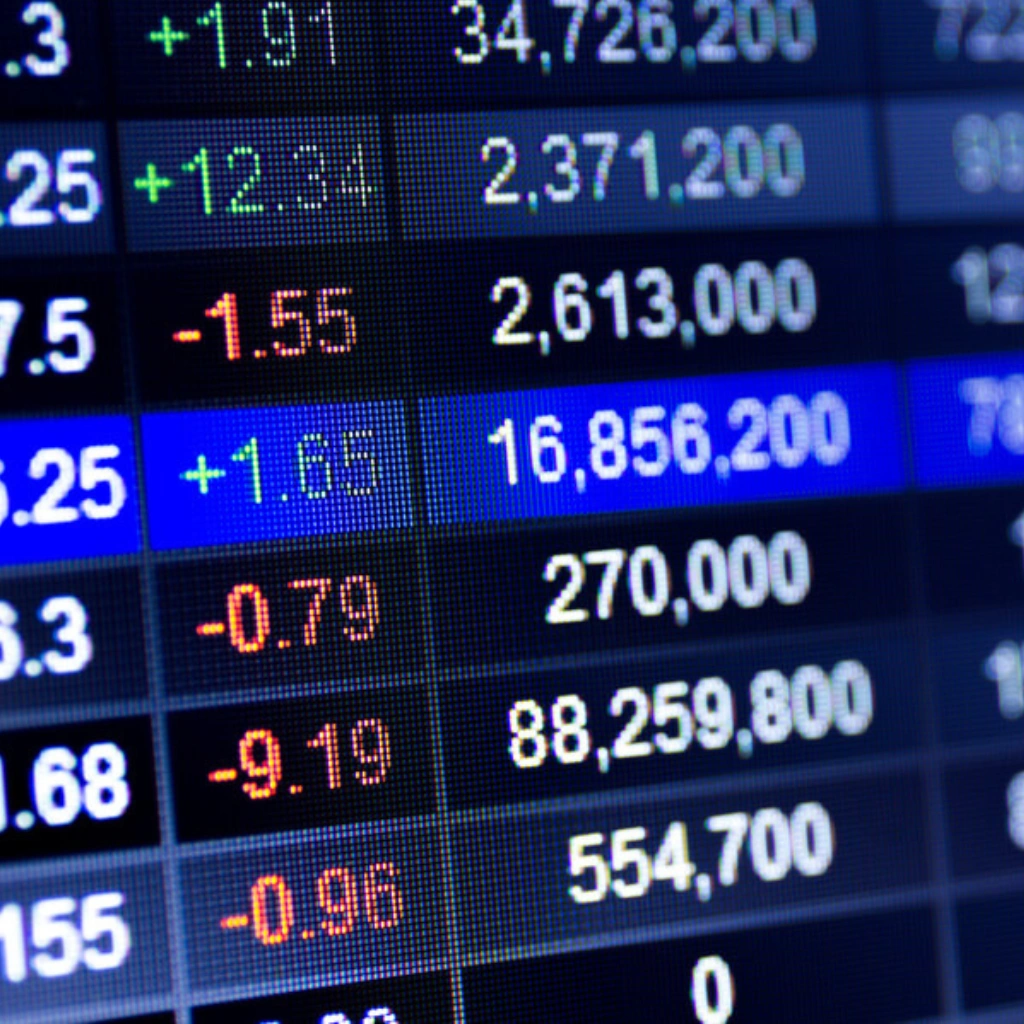What Are Stock Dividends? A Simple Guide for Smarter Investing
Introduction: Demystifying Stock Dividends for Everyday Investors
For anyone new to the investing world, hearing the term stock dividends might feel a bit intimidating. But they’re actually pretty straightforward — and if you’re aiming to build long-term wealth, understanding them is a smart move.
In this guide, we’ll explain what stock dividends are, how they affect your shares, and what to consider when they show up in your investment account.
Understanding Stock Dividends: What They Really Mean

At their core, stock dividends are a way companies distribute additional shares to existing shareholders. Instead of giving out cash, they give you more stock.
For example, if a company declares a 5% stock dividend and you own 100 shares, you’ll receive 5 more — making it 105 total. You didn’t have to buy them, you just got them by holding onto your investment.
That might sound like free money, but it’s not quite that simple. When new shares are issued, the value of each individual share usually drops slightly to keep everything balanced. So while your total investment value stays the same initially, the long-term gains come from owning more shares over time.
Why Do Companies Pay Stock Dividends?
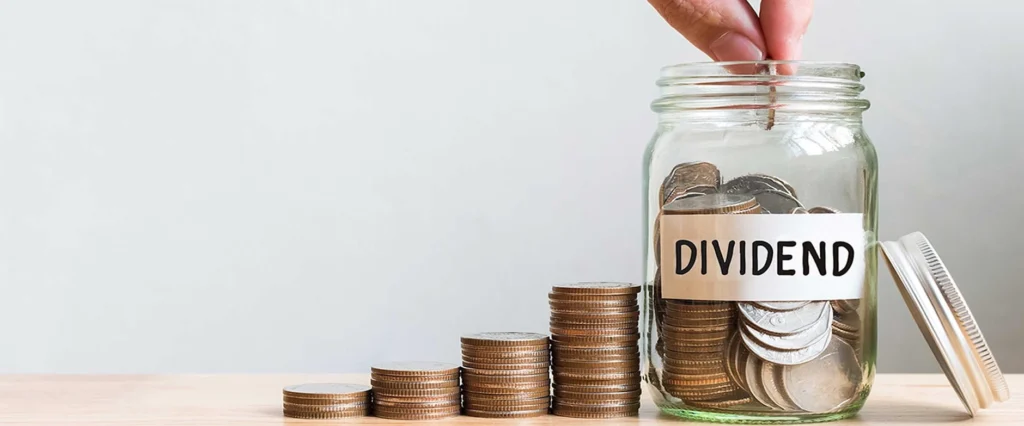
There are a few strategic reasons companies might choose stock dividends over cash dividends:
- Retaining Cash for Operations: Especially during uncertain times, companies might prefer to preserve their cash while still rewarding loyal shareholders.
- Market Signaling: Issuing stock dividends can be a way to show investors that management is confident in the company’s future.
- Perceived Undervaluation: If leadership believes their stock is undervalued, they might issue more shares, expecting their value to grow.
Not all stock dividends are issued from a place of strength, though. Sometimes, it’s simply the most practical option when cash flow is tight.
How It Work: Behind the Scenes
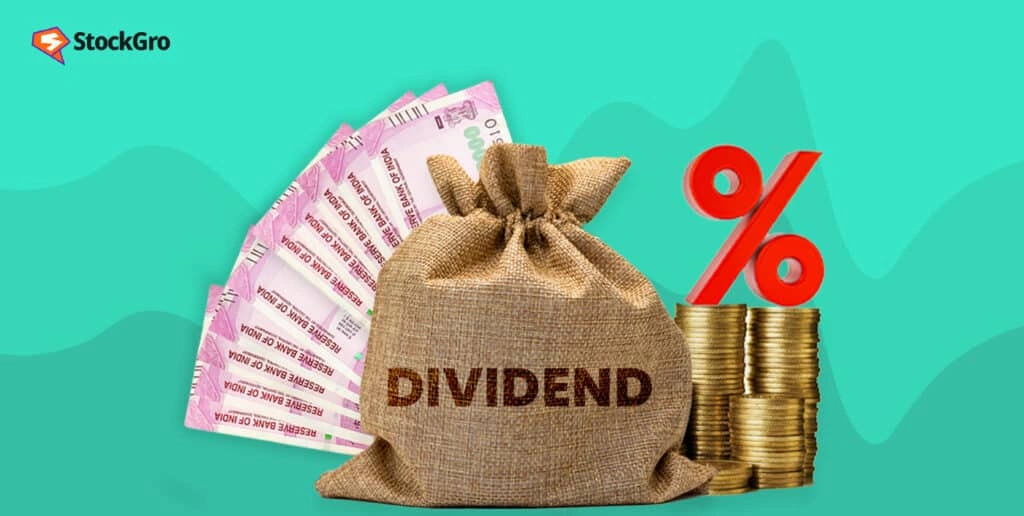
Once a company announces a stock dividend, it sets a record date — that’s when they look at their books to determine who’s eligible. If you own shares on that date, you’ll receive the dividend.
Afterward, your broker will automatically credit the new shares to your account. No action is needed from you.
Let’s say you owned 50 shares of a company that’s trading at $20 per share. If they declare a 10% stock dividend, you’ll receive 5 new shares, and your new total of 55 shares will likely trade at a slightly lower price (around $18.18, for instance), keeping the overall value the same — at least initially.
Stock Dividends vs. Cash Dividends: What’s the Difference?

To help make things clearer, here’s how the two types of dividends compare:
| Aspect | Stock Dividends | Cash Dividends |
|---|---|---|
| Form of payout | Additional shares | Cash deposited to your account |
| Tax impact (U.S.) | Usually deferred | Taxed in the year received |
| Company cash position | Maintains cash reserves | Reduces liquid capital |
| Benefit to investors | Increases share count | Provides immediate income |
While both options benefit investors in different ways, stock dividends are typically more appealing to those looking to grow their holdings over time.
Do Stock Dividends Affect Share Prices?
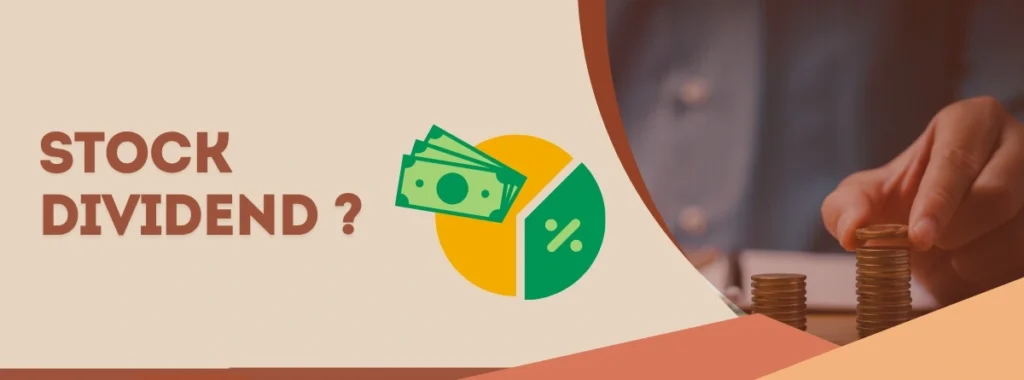
Yes, they do — but not in the way you might expect. After a stock dividend is paid out, the price of the stock typically adjusts downward. That’s because the total value of the company hasn’t changed, but now that value is split across more shares.
This drop isn’t a sign of trouble. It’s just math. Over time, if the company performs well, the larger number of shares can increase in value again, potentially giving you a larger gain.
Are Stock Dividends Taxable?
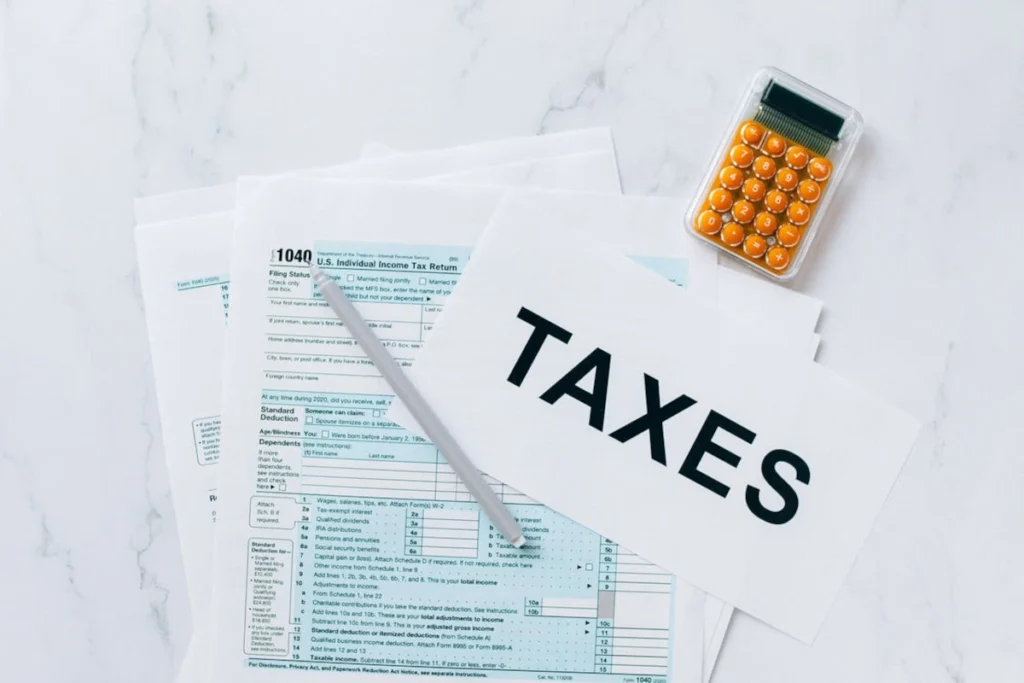
In many cases, stock dividends aren’t taxed immediately. Instead, your cost basis — the original value of your investment — is adjusted.
That said, taxation rules can vary widely by country and can change over time. It’s always a good idea to check with a tax professional or review current tax guidelines in your region.
Should You Care About It?

If you’re someone who invests for long-term growth, then yes — it is worth to pay attention. They allow your share count to grow gradually without requiring you to make additional purchases or pay taxes upfront.
But they’re not without downsides. For one, you might end up with awkward share counts (think 107.25 shares), which can be a bit clunky when you decide to sell. Also, not all stock dividends come from healthy companies. Always look at the bigger picture before jumping to conclusions.
FAQs

1. How do I receive it?
You’ll receive them automatically if you own the stock on the record date.
2. Will I owe taxes right away?
Typically, no — it adjust your cost basis. But check your local tax laws.
3. Can I choose between stock and cash dividends?
Sometimes. It depends on the company and whether they offer a “dividend reinvestment plan.”
4. Does it make me richer?
Not instantly, but they can increase your share count, which could pay off over time.
5. Do all companies offer stock dividends?
No. Many prefer cash dividends or may not offer dividends at all.
6. Is this better for retirement investing?
For long-term investors, including retirees who want growth over time, it can be very beneficial.
Conclusion: Stock Dividends as a Strategic Growth Tool
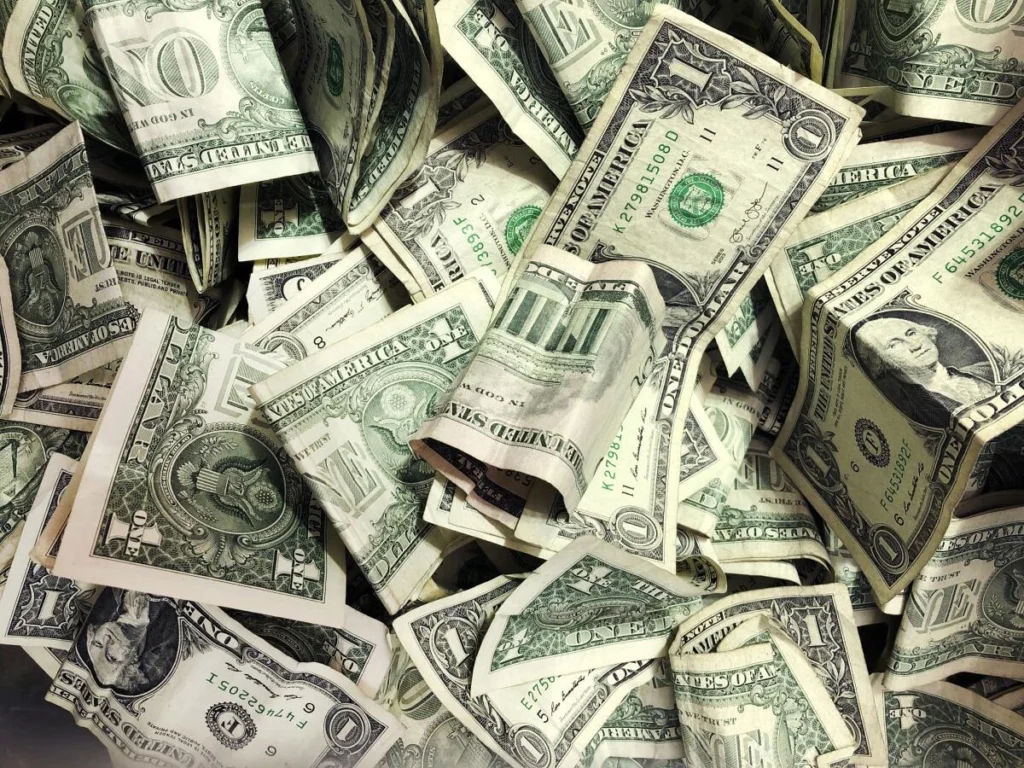
In the big picture of investing, stock dividends are one of those slow-and-steady methods that can quietly strengthen your portfolio. While they won’t give you a quick payday, they offer a sustainable way to grow your holdings — and that can make all the difference in the long run.
By understanding how they work and where they fit into your strategy, you’ll be better equipped to make smart, informed decisions as an investor.
Relevent news: Here

